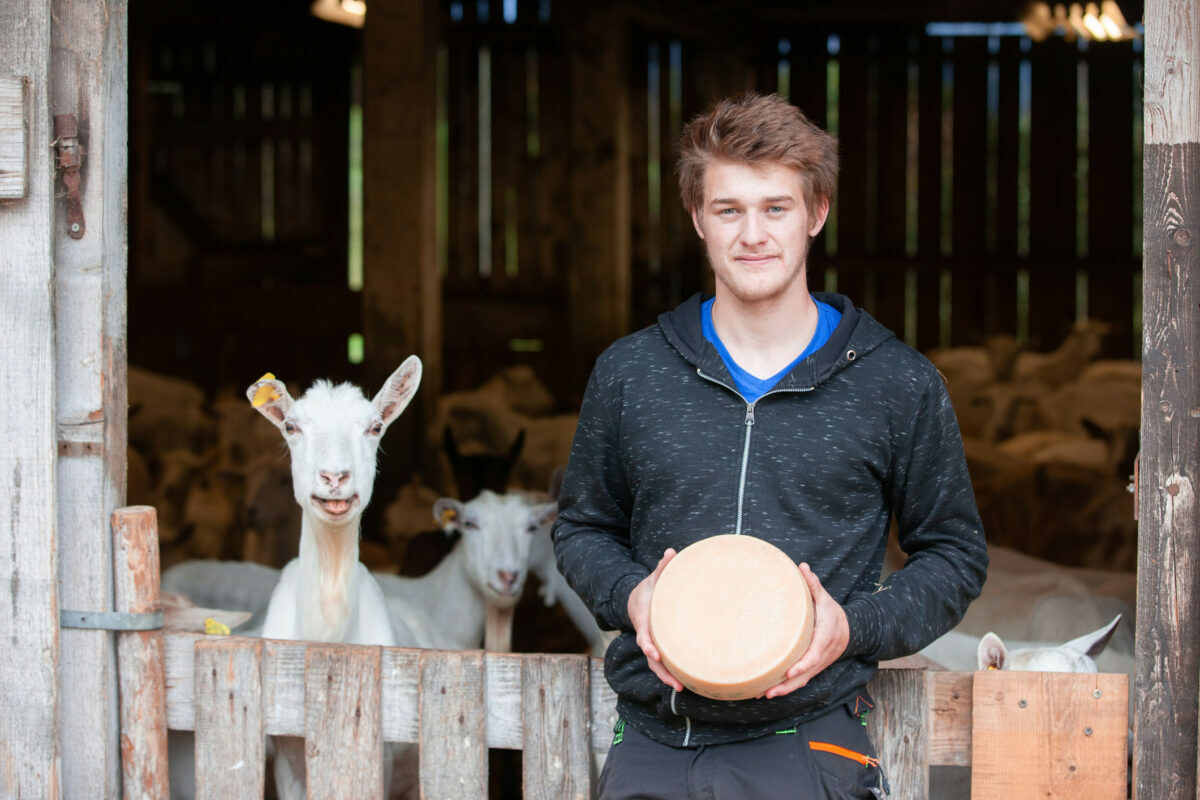Tesco launches low-carbon fertiliser roll-out to increase UK food security and cut its carbon footprint

Tesco has announced its partnership with five of its largest suppliers of fresh vegetables to launch the roll-out of low-carbon fertiliser, which the supermarket giant says it’s the biggest in the UK.
Tesco’s goal is to improve food security in Britain and reduce greenhouse gas emissions in its supply chain. The low-carbon fertiliser should reduce greenhouse gas emissions by up to 20% in the first year.
Six of the eight eco-friendly fertilisers will be manufactured in the UK using food waste, chicken manure, fire extinguisher waste and algae. The fertilisers will be used across 1,300 hectares in the 2023 growing season, with plans to scale up to a minimum of 4,000 hectares in 2024 across Tesco’s field vegetable suppliers, at no extra cost to farmers.
With Russia being the largest producers and exporters of nitrogen, potash and phosphate in the world, there’s been a fertiliser shortage and price hike since the conflict with Ukraine started in February 2022, prompting food producers to try to find alternatives. Currently the UK imports 60% of its fertilisers.
Tesco hopes that the production of low carbon fertilisers will create green jobs in the UK, as well as reduce reliance on chemical fertilisers.
“Delivering more affordable, sustainable food means finding innovative, new ways to grow basket staples like potatoes, salad vegetables and carrots. Fertilisers are a large source of emissions in farming, but high prices and uncertainty have made it hard for farmers to take advantage of low-carbon alternatives,” said Sarah Bradbury, Tesco Group Quality Director.
“We hope that by working with our suppliers, our learnings from this roll-out of low carbon fertilisers can prove their potential to cut emissions and demonstrate what it would take to scale up production in the UK. It’s vital we keep costs manageable for farmers facing the most challenging market conditions in a generation and help our customers to eat in a way that’s good for planet and pocket.”
Tesco plans to introduce the low carbon alternatives to other produce areas, such as wheat and barley, where emissions linked to conventional fertiliser account for more than 60%, as well as grasslands in beef, dairy and lamb supply chains.
In the first year the roll-out is expected to produce up to 70,000 tonnes of fresh produce, growing to 200,000 tonnes in 2024.








